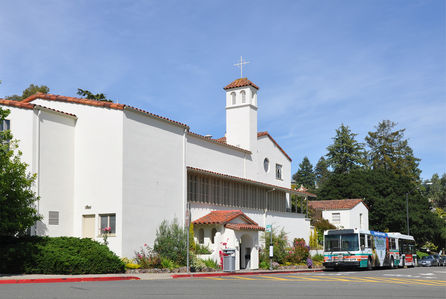 In a copyrighted story that appeared in the 8/11/11 edition of Wireless Week, Maisey Ramsay wrote about an AT&T/T-Mobile merger document that appeared on the FCC’s web site, and then disappeared few hours later.
In a copyrighted story that appeared in the 8/11/11 edition of Wireless Week, Maisey Ramsay wrote about an AT&T/T-Mobile merger document that appeared on the FCC’s web site, and then disappeared few hours later.
According to Maisey’s story, the interesting AT&T document showed that if the Commission approves the proposed T-Mobile merger, AT&T will expand its high speed data network to rural areas beyond that which they’ve already agreed to serve.
This is an interesting revelation given that the wireless carriers have claimed that its local governments that have stymied their growth through right-of-way regulations that they assert block deployment.
Yeah, right.
Of course we know that those carrier-claims are hollow, and that smaller communities go begging for modern celular/PCS/LTE/AWS services and high speed wireless internet
According to the article:
“AT&T senior management concluded that, unless AT&T could find a way to expand its LTE footprint on a significantly more cost-effective basis, an LTE deployment to 80 percent of the U.S. population was the most that could be justified,” AT&T counsel Richard Rosen stated in the letter.
The company said its merger with T-Mobile would spread the cost of the LTE expansion over a larger revenue base, allowing it to “better absorb the increased capital investment and lower returns associated with deploying LTE to over 97 percent of the U.S. population.”
Thanks, Richard… You’ve confirmed what we’ve known, and what the Commission needs to know.
It’s all about the money…the carriers’ money…
…and not about claims that it’s the local governments are blocking deployment. It’s the money, stupid!
-Jonathan

 information on the pending CPUC review:
information on the pending CPUC review:


